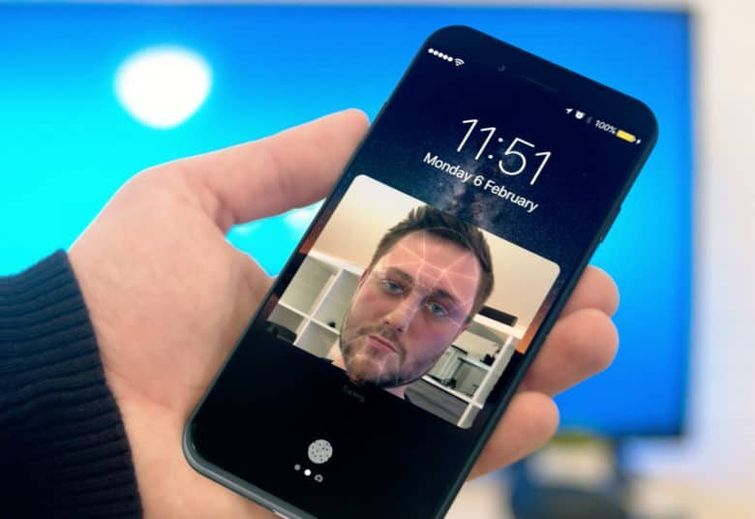No, Apple isn’t going to kill Touch-ID on neither iOS devices nor Macs

Over the course of the last couple of days, word of Apple’s interest in facial recognition on the iPhone, and possibly on other devices, has spun a bit of confusion in regard to what might, or might not happen to the current form of biometric identification implemented in iPhones, iPads, and as of late, MacBooks too.
Apple has recently purchased RealFace, an Israeli tech startup that focuses on the development of frictionless facial recognition for devices. While two million dollars might not be the highest Apple has paid to acquire technology from startups around the globe, what has set off the imagination of many, including marketing analysts, is the cohesiveness of Apple’s acquisition, which now suddenly comes to light as all pieces of the puzzle show the final picture.
Apple’s tech purchases have included, over the course of 4 years, startups focused on 3D scanning, advanced imaging and camera sensors, as well as augmented reality, and finally, facial recognition.
By this token, it would make no sense if Apple weren’t investing into R&D towards facial recognition, since anyone who is able to add 2+2, will see that Apple is essentially looking into replicating the same, or similar technology behind Intel RealSense 3D cameras.
With that in mind, make no mistake: Apple isn’t ditching Touch-ID, for three reasons:
First, it’s tight integration with Apple Pay. Apple has invested a lot in making sure that its shopping experience at brick-and-mortar level is frictionless and as intuitive as possible. Also, focus groups and the public have already spoken in regard to the best way to buy stuff using a mobile payment solution, and that’s your finger.
Second, Touch-ID is now part of the MacBook experience. This technology has successfully transitioned and crossed over to Mac users, which means that more Mac computers will get it within the next two years or less.
Third, but not the least: Apple is all about security and privacy, and if anything, it’s more likely to add biometric authentication options, rather than take them away.
Would “Apple Hello” be in the cards? There is no answer yet to this question, but it seems that Apple and Microsoft have been borrowing quite a lot from each other, in regard to desktop user experience, and while Apple may not copy Microsoft verbatim on a unified biometric security system for Macs, inclusiveness and choice are likely to become common themes in upcoming tech talks.
Ready to shop?
If you are looking for the perfect MacBook, PortableOne has you covered with a great selection of Apple MacBooks, as well as the newly unveiled 13 inch and 15 inch MacBook Pro with TouchBar.